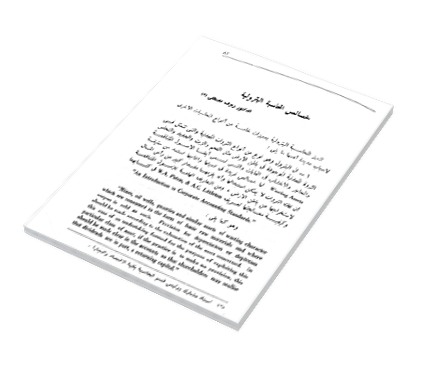RELEVANT POSTULATES, PRINCIPLES, AND STANDARDS OF ACCOUNTING «PETROLEUM ACCOUNTING».
DOI:
https://doi.org/10.37376/deb.v5i2.3073Keywords:
RELEVANT POSTULATES, PRINCIPLES, AND STANDARDS OF ACCOUNTING «PETROLEUM ACCOUNTING».Abstract
This article deals with a summary of petroleum accounting, tices and certain postulates, or concepts, principles, and standards accounting which are important in evaluating petroleum accounti practices.
Accounting concepts : (1) The going concern concept :
It is the assumption that a business will continue for an extended period of time, perhaps indefinitely. This assumption is normally accepted in accounting unless there is evidence that a business will be liquidated or sold in the near future, or that it will be necessary to reorganize a business with lower asset and equity valuations. In contrast with the going concern, the concern facing liquidation, the “statement of affairs” substitutes for the balance sheet or statement of financial position,
(2) Periodic determination of income and financial position :
It is well known that the profit or loss resulting from a certain enterprise is measured, at its best, upon the eventual culmination of that venture. However, management and ownership needs necessitat that regular determinations should be made at some fixed period of time which are done at least annually.
A BSTRA OTS
-
95
dhe Monetary Unit :
v accounting accepts money as the common
countants
This means that pro denominator in me
y measuring business transactions. Still. accou stabillity of the monetary unit in spite of the challenges
une the stabillity of the monetary uni
Accounting standards : 1) The matching principle :
w that the income or profit of an accounting period is the che values which represent the incoming revenue stream less the
costs or values which are used in producing such revenue.
suun of the val sum of c
(2) The realization principle :
Profit must be determined in relatively short periods of time. Revenue and expenses must be allocated between such periods. Thus it becomes as a guide in allocating revenues between periods, as well as in reorganising revenues within a period.
(3) The cost principle :
It is usually the total amount paid and/ or to be paid for a service, right, or tangible item. The cost evaluation or book valuc of an asset is the original cost less any portion of original cost that has been charged as an expense. The current market value of operating assets, such as buildings, and equipment, is usually ignored under the going concern concept, as it is assumed that the original cost will be recovered through future operations and not through sale of the assets in the current market.
Accounting standards : (1) Consistency :
It is the generally accepted belief that the methods of valuations and other accounting principles adopted by a business should be
THE LIBYAN ECONOMIC AND BUSINESS RY
BUSINESS REVIEW
96
altered or changed as infrequently as possible. Such alta be made only when it is certain that the advantages to be greater than the disadvantages arising from loss of between the financial statements for different periods.
Such alterations should tages to be gained will
loss of comparability
For
(2) Disclosure :
The financial statements should be prepared in sufficient a that misleading inferences may not be drawn therefrom.
(3) Materiality and practicability :
It means, generally, that variation from the ideal or normal principle, practise, or standard are permissible as long as they do mi have important adverse consequences, especially in communicating the effects to interested parties.
Downloads

Downloads
Published
How to Cite
Issue
Section
License
Copyright (c) 2022 Dirasat in Economics and Business

This work is licensed under a Creative Commons Attribution-NonCommercial-NoDerivatives 4.0 International License.







